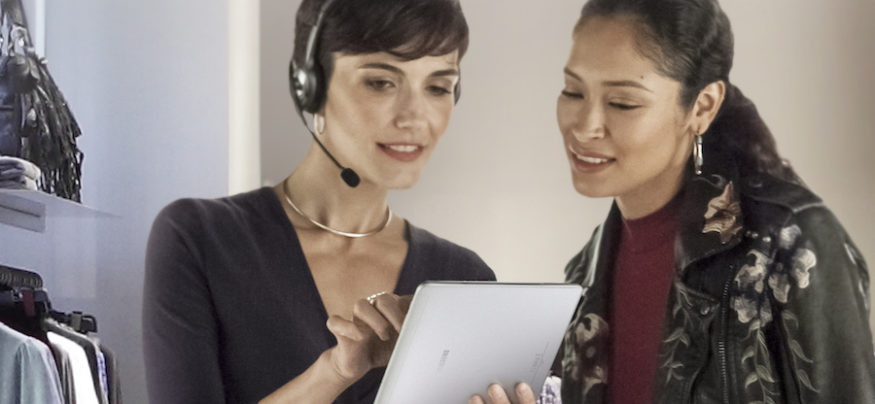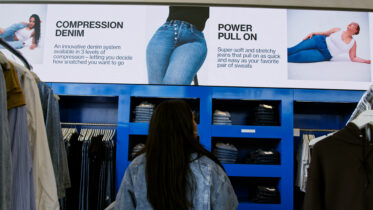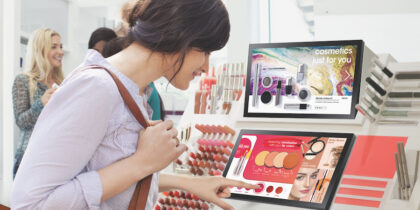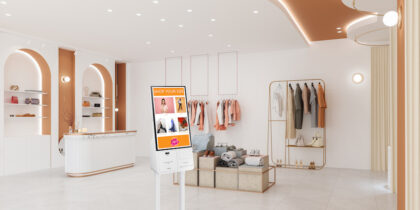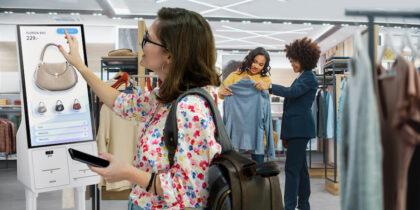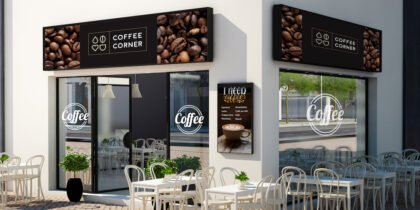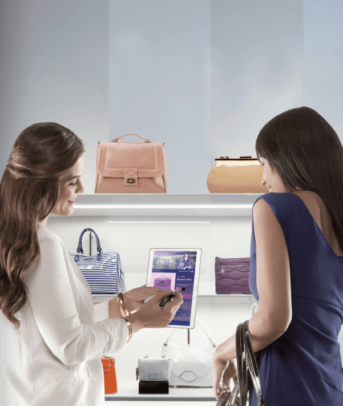Mobile technology use is soaring in retail, and for good reason. IHL Group found retailers that provide mobile sales tools for staff enjoy 77 percent higher sales growth than those who don’t, and those that deploy mobile POS achieve an impressive 92 percent higher sales. It’s rare to see such spectacular return on investment in technology, and it’s getting a lot of attention. By 2020, most retailers (83 percent) will have mobile devices for store associates or managers, and 67 percent will use mobile POS, according to RIS News’ 2018 Retail Technology Study.
But the IHL results come with a caveat: results reflect those retailers “deploying effectively.” The fact is, there is a right way to go about a mobile deployment to get excellent results. It requires carefully selecting cases that support larger goals, thoughtful selection of technology, a plan that includes not just deployment but after-rollout maintenance and support, and alignment with a partner that can offer the expertise, partner ecosystem and services that ensure success at every step.
To ensure their mobile projects are on the right track, retailers should ask themselves the following five questions.
1. How can mobile devices support our customer engagement strategy?
Many retailers are investing in stores to amp up customer experience and drive traffic and sales. Mobile is often a key part of that plan. But before selecting a mobile solution, retailers have to connect the dots between the in-store experience they’re looking to create and the specific functions a mobile device will need to perform to make that a reality. If they want to deliver a more personalized shopping experience, for example, their mobile solution must include not just the right device, but access to customer data and in-store analytics to help customize the brand experience.
It’s important to consider both customer-facing use cases, like kiosks, and behind-the-scenes customer support functions, like Click-and-Collect picking and packing.
2. What capabilities do our mobile devices need to have to achieve our objectives?
If the associate and customer will share a screen to look at accessories or product options, for example, they’ll need a large screen and perhaps a swivel-mounted docking station. For mobile POS, they’ll need scanning capability, the ability to dip or swipe a card and perhaps access to a networked receipt printer.
Close the Workforce Tech Gap
Learn how to address the growing tech gap between C-suite and the new generation of digital natives. Download Now
Some retailers maximize the productivity of their devices by accommodating more than one use case: queue busting for busy times and replenishment at night, for example, or a kiosk that doubles as a POS terminal for the holiday season. Will devices be carried, docked or both? Important features to look for to support specific uses include scanning, availability of a sled for card reading and ruggedness to survive drops, dust and other environmental realities. For managers who travel from store to store, Samsung DeX enables them travel light with just their mobile phone (Samsung Galaxy S8 and above) and still have productivity of desktop-experience at any hot desk with a HDMI monitor.
3. What form factors best suit our use cases?
Hand in hand with device functionality is device type. If the primary use will be by one associate carrying the device in hand or in an apron throughout a shift, for example, smartphone form factors such as the Samsung Note9 or J Series are likely the best fit.
Wearables such as the Galaxy Watch are emerging as a more direct and sophisticated means of assigning store floor tasks or communicating with team members, since the associate simply glances at the message and maintains a connection to the customer they’re with. Meanwhile, tablets like the Galaxy Tab S4 series have found their sweet spot for clienteling, kiosks, endless aisle and fixed or mobile hybrid POS.
For one example, plus-size fashion retailer The Avenue aims to fulfill the complete fashion needs of its shoppers, so the retailer chose Samsung Galaxy tablets, each housed in a thin, lightweight case with a hand grip, so associates have complete mobility to assist shoppers anywhere, searching centralized inventory, showcasing additional styles and colors, and even completing the sale.
4. What is the most effective way to deploy and support mobile devices in our business?
Mobile devices must remain operational, secure and up-to-date to achieve retailer goals. Enterprise mobile management (EMM) solutions help retailers maximize the value or their fleet of mobile devices. Samsung Knox, for example, includes modules to configure, enroll, manage, support, secure and maintain mobile devices by leveraging the Knox platform already built into every Samsung device. According to RSR Research’s “IT Spending in Retail 2018,” retail “winners” are far more likely to be planning to increase spending on mobile device management (MDM) over the next three years than other retailers — 60 percent to 26 percent, to be exact. They know that managing devices intelligently is critical to getting results.
5. What capabilities and expertise do we need from our technology partner to ensure our mobile devices are successful?
High-quality devices and the tools to manage them are foundational to a successful mobile project, but there is a third leg to the stool, and that’s the right technology partner. An experienced mobile partner works on retail mobile projects every day, amassing considerable depth of expertise in what works, and doesn’t work, in every use case. A great partner like Samsung offers deep domain expertise, training assistance and best practice insights, as well as access to an ecosystem of key partners like accessory manufacturers, in-store analytics service providers and deployment and support talent to ensure an effective and well-integrated solution.
Mobile is the future of technology in retail.
The future of retail tech is mobile, thanks to these devices’ sleek designs, versatility and low cost. But succeeding with mobile is all about seeing past the sizzle and sweating the details. Mobile in retail delivers great results — if the solution supports overall goals, uses the right device with the right features, includes a plan for ongoing support and leverages all the insider knowledge, experience and partner relationships that come through a great tech partner.
Looking for more cutting-edge retail solutions? Check out our full line of innovative retail technology.
